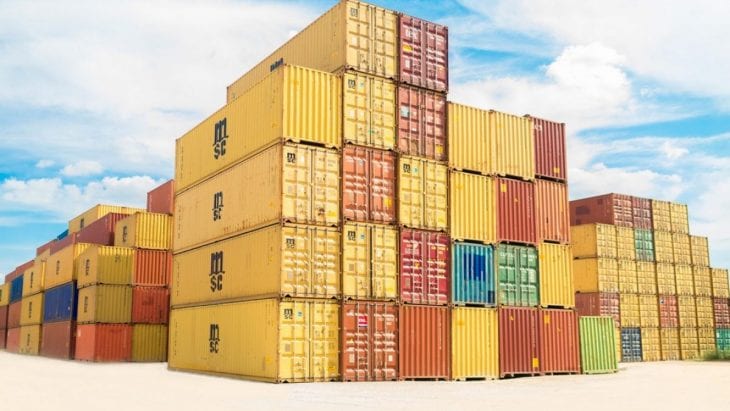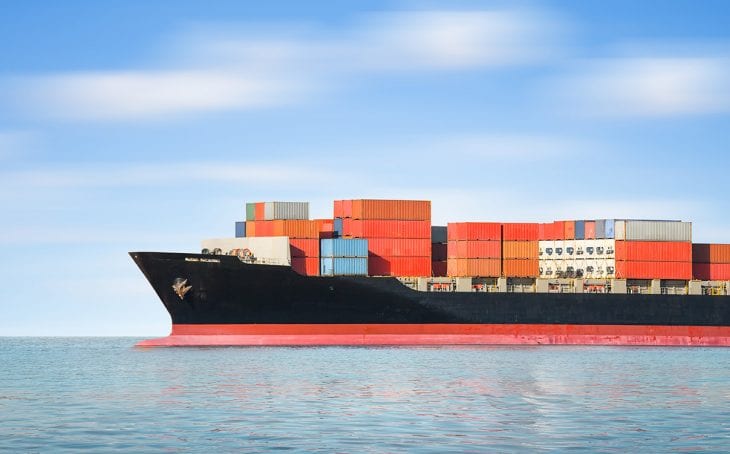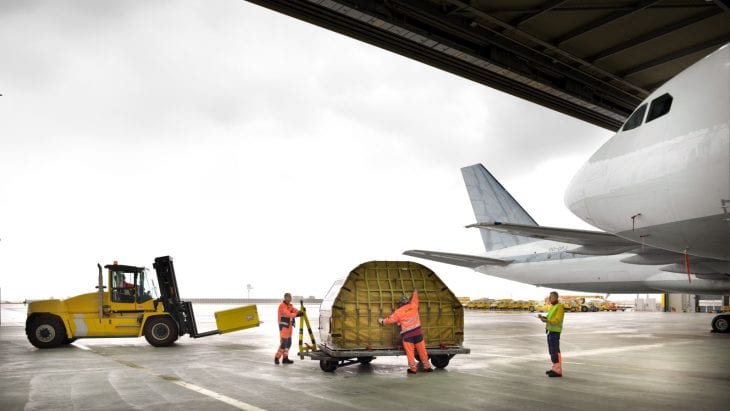Shipping refers to the movement of goods from one point to another. It involves the movement of merchandise from the warehouse to the customer. Freight is the actual product being transported.
Freight shipping is the physical process whereby commodities and merchandise are transported from one place to another by sea, land, or air.
The shipping process starts from the manufacturer to packaging of the goods, handled by a shipping or logistics company and delivered to the customer. According to americanautoshipping.com, you can get possible special discounts for car shipping services, which is also a huge help for car buyers. There are three types of shipping which include: land, air, and water shipping. Railroad, trucks, cars, and a large ship carrying containers are the means of transport that relates to freight shipping.
Freight, shipment, and cargo refer to goods transported from one destination to another but they represent a different mode of transportation of goods.
Freight is the general term used for goods and merchandise shipped from one place to another through any means of transport like air, land, and sea.
The most effective segment of the freight sector is Truck freight shipping for domestic freight transportation. It is the method of shipping goods that is most cost-effective.
Shipment is the number of goods transported to a particular destination through any means of transport.
Cargo is a general term for goods transported through sea or air.

source: expatica.com
Goods may be transported on freight-collect or freight-prepaid basis, that is, if the Consignor pays the freight under C&F and CIF terms, the goods remain the property of the Consignor until it is delivered to the Consignee at the agreed destination with payment of the Consignor’s invoice.
But if the Consignee pays the freight under FOB terms, the goods become the property of the Consignee when handed over to the logistics company against a Bill of Lading (BOL).
Goods may be charged on the volume or weight of the shipment and varies according to the mode of shipment.
One of the most important documents in the shipping process is the Bill of Lading. Bill of Lading acts as a contract and a receipt which shows that the logistics company or the carrier has received the freight in good condition and will deliver the same to the Consignee at its destination.
The details on this document are vital as it involves all personnel along the route of the shipment. Details like the destination, billing, the piece count, and how it is to be handled on the dock and trailers.

source: insuranceclaimprocessing.co.uk
Freight is necessary for bulky and larger shipments and items that cannot be sent through a parcel shipping or post office due to their size, weight, and quantity.
Freight shipping helps in these areas and the freight companies known as logistic companies, are specialists in freight services, they carry large shipments and send them from one destination to another through land, sea, or air.
Freight shipping may seem to be more expensive compared to the local post office for smaller items, but on the long run, it is cheaper to use a logistic company to deliver your parcels as sending smaller items regularly or using an employee to deliver products or other items personally can be more expensive.
Depending on the destination of the package to be sent, it may be difficult to carry out the delivery yourself, by car or rental truck, as the freight companies have access to more shipment convenience than you do.
These companies can easily cross state lines and boundaries for inspection, they can easily transport items you can’t ship as an individual. Their services are available to satisfy your need as an individual or business.
Freight shipping can be beneficial in several ways which may include:
-
- Moving delicate furniture to long distance
- Sending several products to a distant customer
- Sending items to a different location of the same business

source: alimentarium.org
When the cost of freight on the carrier’s invoice is paid at the destination, there may be a 5-10% surcharge for freight-collect as this is a major risk to the carrier.
Freight-collect is not allowed for credit reasons in some trade and destinations because freight cannot be collected after performing the carriage.
Freight-collect means that the Consignee or end-user will pay the transportation cost for the goods at the time it is received at the destination before it is handed over to the holder of the original Bill of Lading (BOL).
Freight-prepaid means that the shipper pays for the freight delivered to the end-user.
There are several ways in which freight shipping can be beneficial to you or your business. It is recommended that you adopt this type of shipping when transporting goods.
Ways You Can Avoid Extra Charges In Freight Shipping:
Ensure That You Have Accurate Measurements and Weight

source: mol-logistics.nl
Before you allow a carrier to dispatch your load, it’s important to ensure that you know the exact weight, height, length, and width of it.
This is necessary because you need to have a valid fixed cost quote. It also helps you avoid the carrier coming up with stories that you have to pay more for a heavier than anticipated load.
Ensure You Understand Your Delivery and Pickup Locations
When your load is sent off for delivery, ensure that your cargo gets to its pickup and delivery locations.
While you’re at it, avoid misrepresenting a commercial location for a residential one and don’t assume that the carrier won’t be observant notice it eventually.
Make Sure You Understand If You Need Special Services and Include It in the Quote
It important that you include special services like scheduled time for pickup, residential delivery, the scheduled time for delivery, tailgate, or residential pickup in your quote.
If at any point in time you don’t understand the special services you need, the carrier would ensure that you’re billed at an uncontrolled rate.
Also, it’s pertinent to know in advance, the special services fees to get the best rate from the beginning.

source: keypointcarriers.com
Write Down the Pickup and Delivery Dates
The reason why you have to write down the pickup and delivery dates of your load is that you can’t completely rely on the promises that your carrier makes over the phone.
This would also be a firm part of the rate quote.
I’m sure you know that whoever your carrier is, has no idea of what the journey would be like before embarking on it hence it’s advisable to have a plan B – this refers to a backup plan in case of any delay of your shipment.
Ensure You Have the Necessary Insurance Coverage
Oh yes! Insurance, and the reason for this is simple; the carriers don’t offer you any form of insurance.
Hence, the best step to take is to get extra insurance, especially, if you are shipping valuable freight.
Another thing to consider; is checking in advance with third parties to affirm that the carrier has a history of paying claims.
I know you may argue that you’re entitled to damages, but it’s in your best interest to know that so many carriers have a policy that declines insurance claims automatically.

source: logistics.dhl
Final Word
No doubt, avoiding extra charges could be a lot of work because it involves taking notes and paying close attention to every detail.
